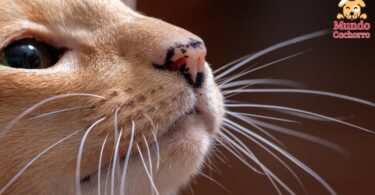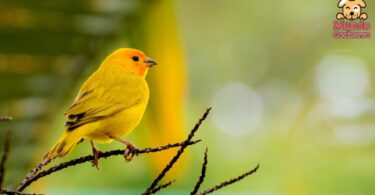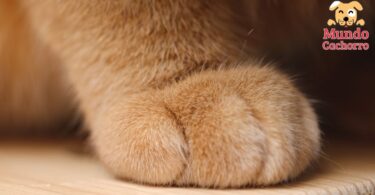Macaws, with their vibrant plumage and charismatic personalities, have captured the imagination of bird lovers for centuries. However, the ethical question arises as to whether it is possible and appropriate to keep a macaw in captivity. The answer is not simple and requires careful reflection on a variety of issues, from bird welfare to species conservation and the emotional needs of those who wish to keep them as pets.
Indice
Macaw in captivity
First, it is crucial to understand that macaws are intelligent and socially complex creatures. In their natural environment, these parrots live in large groups, establishing strong social bonds and displaying sophisticated behaviors. Capturing a macaw and keeping it in captivity poses significant challenges to replicate its natural environment. Space, social interaction and mental stimulation are crucial elements that are often compromised in a home environment.
From an ethical perspective, keeping macaws in captivity raises questions about the freedom and welfare of these birds. Deprivation of flight and limitation of their environment can negatively affect their physical and mental health. Domestication of these birds requires a constant commitment of time, resources and attention to provide an environment that most closely resembles their natural habitat.
However, some advocates of keeping macaws in captivity argue that, when done responsibly, it can contribute to the conservation of endangered species. Captive breeding and participation in breeding programs can help preserve populations that are endangered in the wild. However, this raises the question of whether we should look for more ethical and sustainable solutions, such as conservation of natural habitats and protection against poaching.
Government regulations
In addition, the keeping of macaws in captivity is subject to government regulations in many countries. These regulations seek to protect the birds from harmful practices and ensure that those wishing to keep macaws as pets meet specific standards of care and welfare. However, the effectiveness of these regulations often varies and depends largely on proper enforcement.
On an individual level, those considering keeping a macaw as a pet should be aware of the associated challenges and responsibilities. Specialized veterinary care, a balanced diet and an enriched environment are essential for the well-being of these birds. Social interaction and mental stimulation are equally crucial, which means that owning a macaw should not be taken lightly.
In conclusion, the question of whether it is possible to keep a macaw in captivity does not have a simple answer. It requires a careful balance between fascination with these birds and ethical responsibility for their welfare. Those wishing to keep a macaw as a pet should do so with full knowledge of the implications and be committed to providing an environment that prioritizes the welfare and quality of life of these majestic birds.
Image courtesy of https://pixabay.com, all rights reserved.







